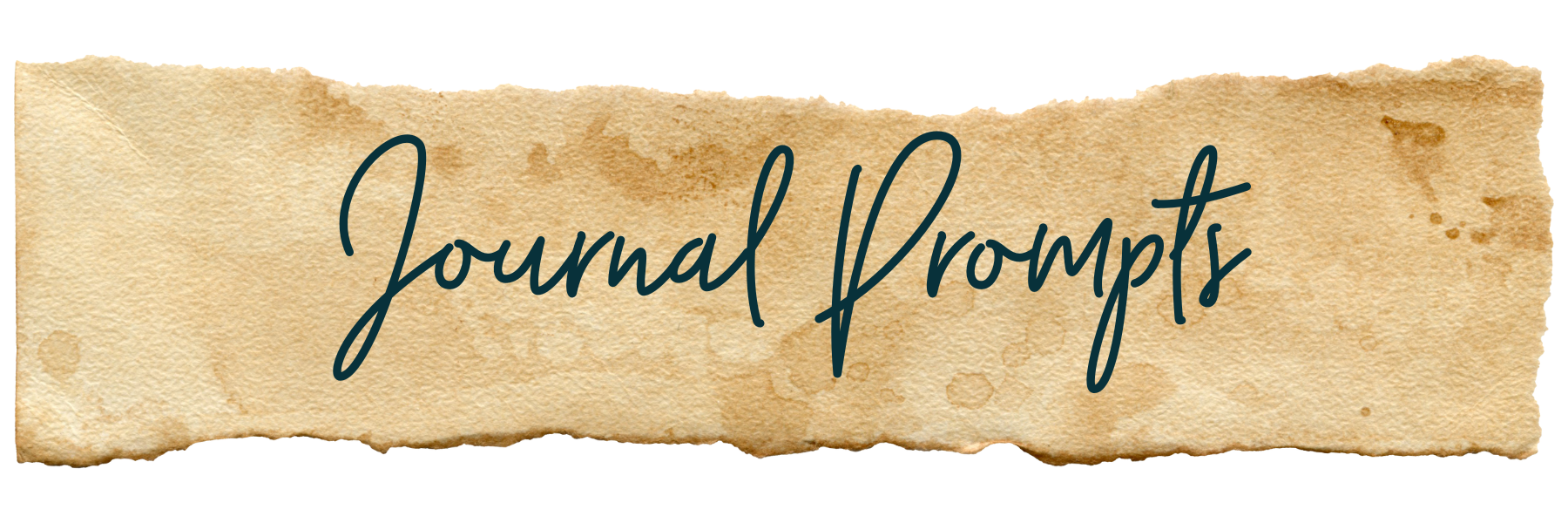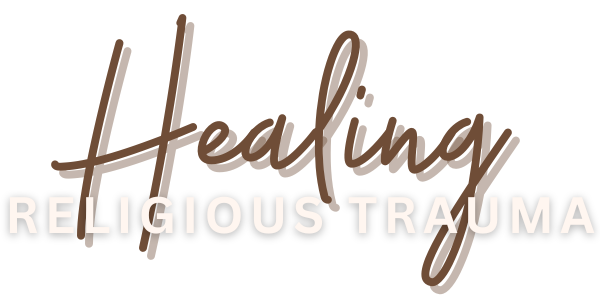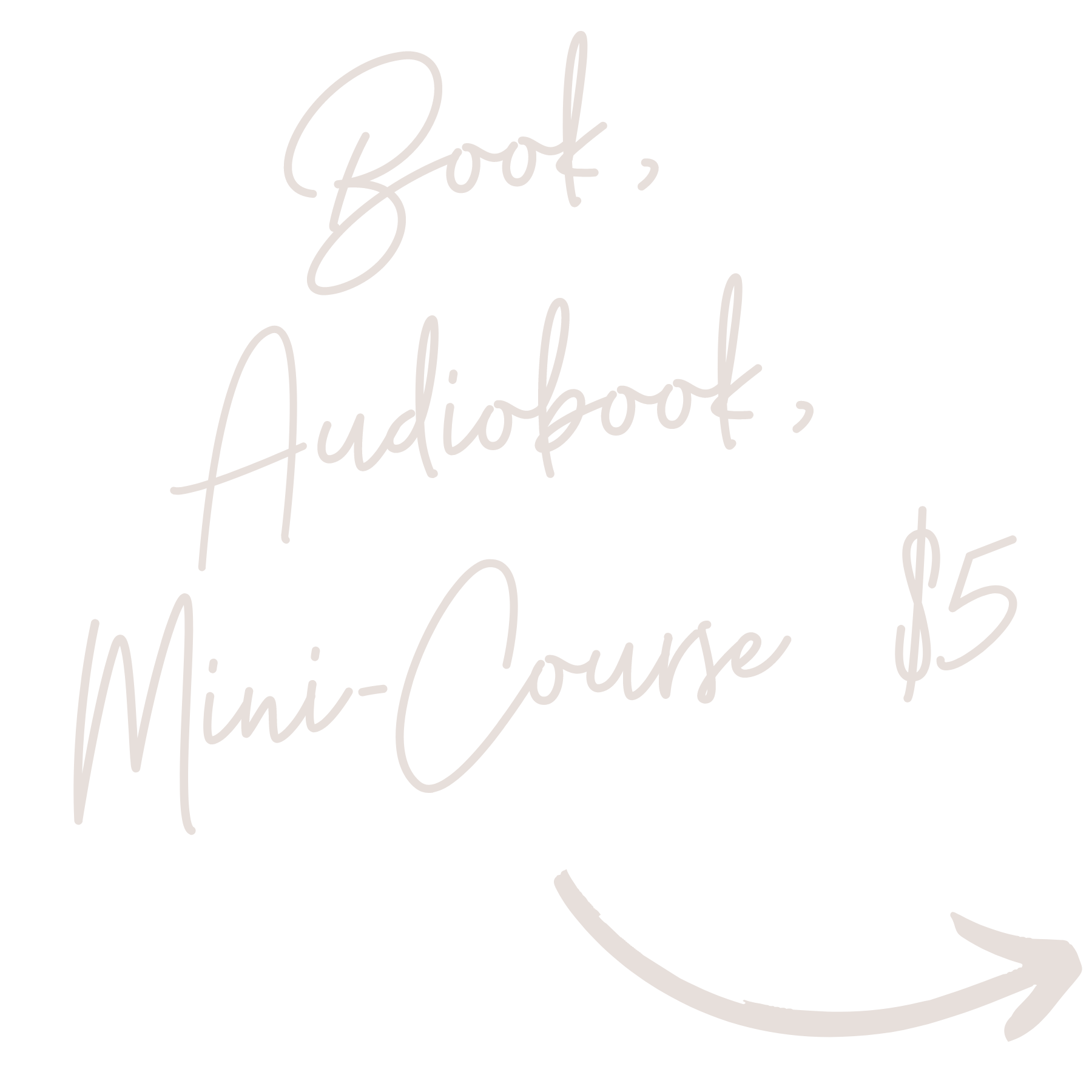PART 1 - THE SACRED PARTS OF MY SOUL
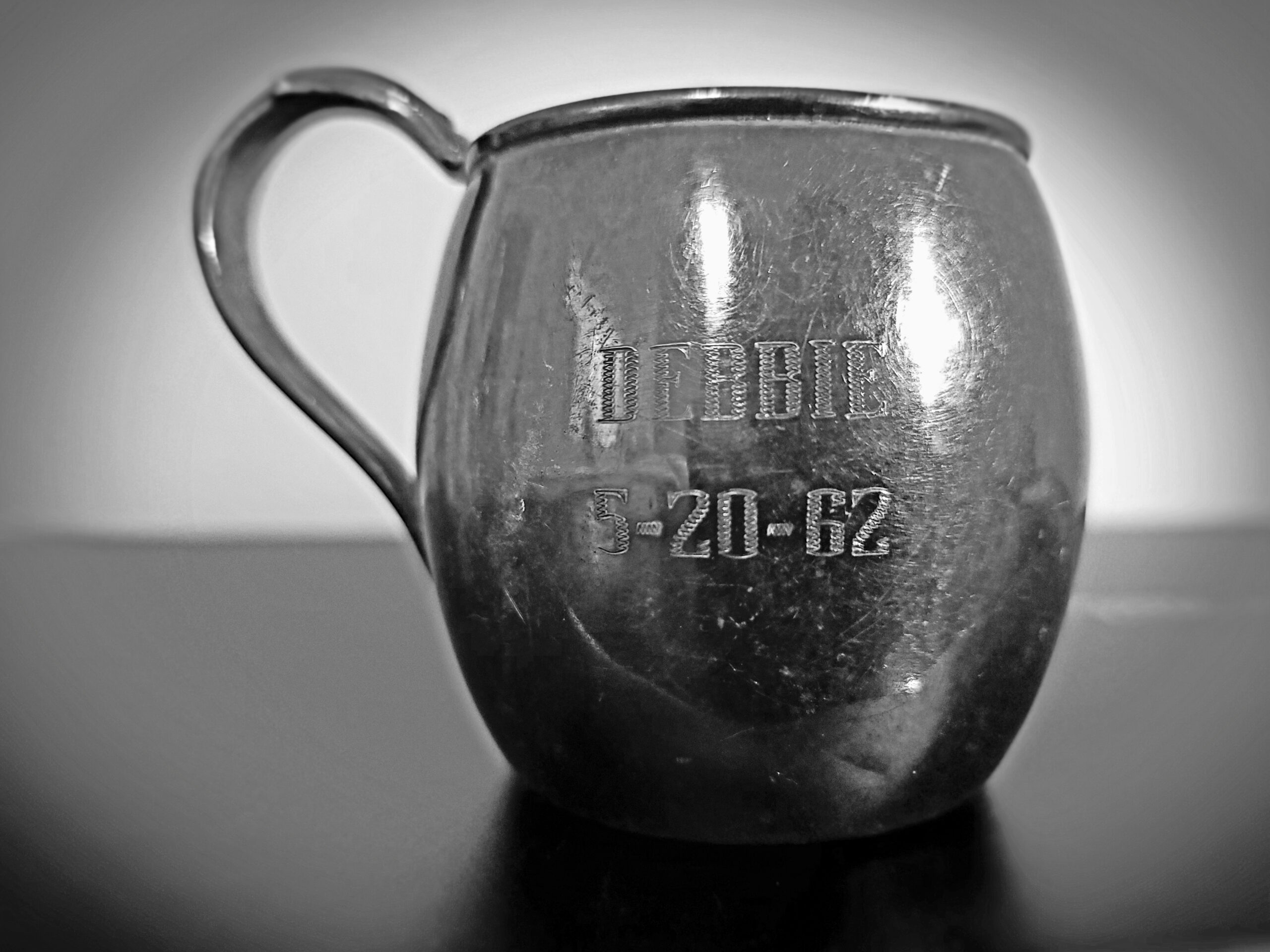
The Sprinkling
I’ve heard some people are born with a silver spoon.
Not me. I got a WHOLE SILVER CUP, and with it came many things that filled up my life, specifically belief systems that have influenced me to this day.
I’m 59 now. I received the cup when I was 15 days old. It happened at a Catholic Christening with my parents and all my siblings. It was a beautiful shiny cup with the letters D-E-B-B-I-E and the date 5-20-1962 inscribed across it. My parents took pictures to commemorate what I was entirely and wholly unaware of.
A lifetime of generational religious ideologies being imprinted on me from birth.
I wore a long white dress decorated with embroidery, which my grandmother painstakingly stitched together for this very special occasion. It must have represented something. Again, I was 15 days old, so I didn’t have a clue. The priest sprinkled some “holy water” on me and mumbled words I did not understand.

I grew up quickly in this large and very busy Catholic family. My older brothers and sisters attended Catholic schools, and I remember having nuns and priests around. My favorite priest was my uncle.
His name was Eugene, but everyone called him “Bud,” so I knew him as Uncle Bud. To me, he was just my uncle. Still, to the vast majority of the world, he was a Jesuit Priest with a large humanitarian mission, and to yet others, a member of a controversial religious order within the Catholic Church called “The Society of Jesus.”
Nevertheless, this made our whole family “special.” It was never blatantly said out loud but somehow implied to my tender and impressionable young self. Having a Jesuit Priest in the family somehow meant we were taken care of and had privileges. Somewhere, I got the idea that our family was passing right by “purgatory” and headed straight to heaven no matter what we did or whom we harmed in this life.
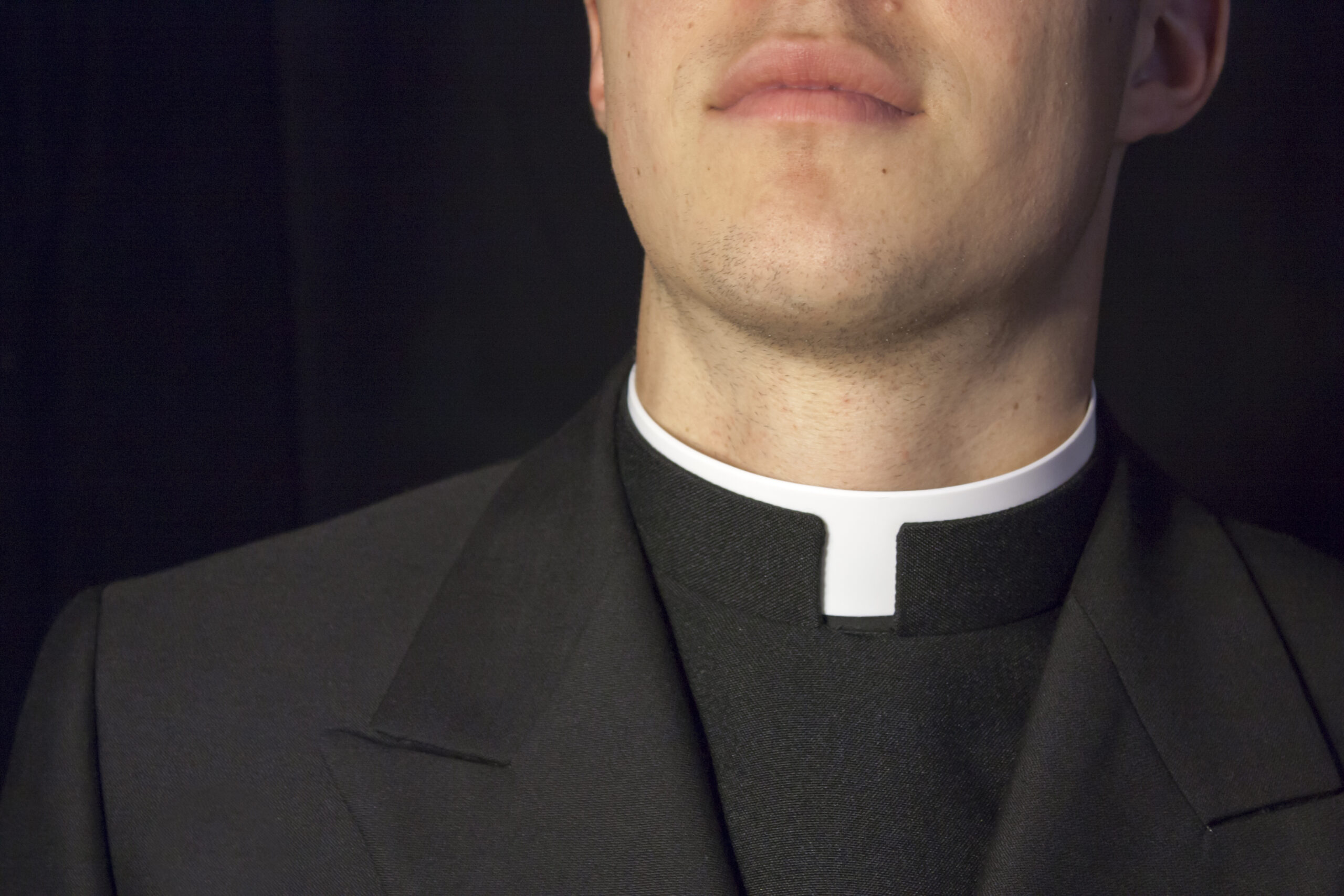
The Confession
Once in a while, on the weekends, my Uncle Bud and his "special secretary" and "lifetime traveling companion," Jackie, came to stay and perform mass right in our home.
We passed vintage wine in a giant goblet around the living room, ate bread, and received blessings from the “family” priest. One afternoon, my mother suggested I was old enough (maybe eight at the time) to make my first confession, which took place in my parents’ bedroom alone with my Uncle Bud.
I vividly remember him sitting in stark black robes and contrasting white collars. I loved him and respected him. But again, I had no clue what was happening. No one had prepared me for this occasion, and I found myself sitting smack dab in front of my uncle on my parents’ bed in total ignorance.
My uncle sensed my uneasiness and quickly said, “Debbie, how about you tell me your sins, and then I will forgive you.” My brain searched for an interpretation of his words and couldn’t find one. I sat in silence.
He again began, “Debbie, how about you tell me everything you did wrong this week?” Again, silence. After all, why would I do that?
Then he tried a third time, “Debbie, can you think of one time you told a lie, hit your brother, or anything like that?” Still nothing. I honestly couldn’t think of one thing. I started to get nervous and fidgety.
Finally, he said, “Just o-n-e thing.” Remember, he was my favorite uncle, and the last thing I wanted to do was disappoint him.
I’m told I was a pretty clever child, and it didn’t take too long before I sized up the whole situation. Words began to tumble out as I quickly recited one transgression after another. Of course, it was all made up from my “overactive” imagination. My answers were exceptionally creative, and I was sure “my honesty” and “forthright spirit” would make me look good and please him. Even if I was “lying”. I don’t know how believable it was because my uncle never said a thing about it except, “I forgive you.” I had no idea at that time how that seemingly innocent encounter would affect my relationship with God and my concept of God throughout my life.
Or how it would later become the “root cause” of many years of people pleasing and the need for acceptance, especially in religious circles.
This ideological, perfect picture of the “good” religious family was shattered when I was 12 and my parents divorced. The persecution my mother endured for not wanting to have more children (after the first eight) and not being allowed to use birth control was unbearable, and she did the extremely forbidden deed, at that time, of divorcing my father and ending the occupation of Catholicism in our home forever. My father took it with him, along with his very bitter spirit. Those who stayed behind (my mother and some of my siblings) were now flung smack dab into the middle of 1970’s “worldliness” in all its glory.
The religious dogma that had hung over my life since birth suddenly disappeared.
Poof! Gone.
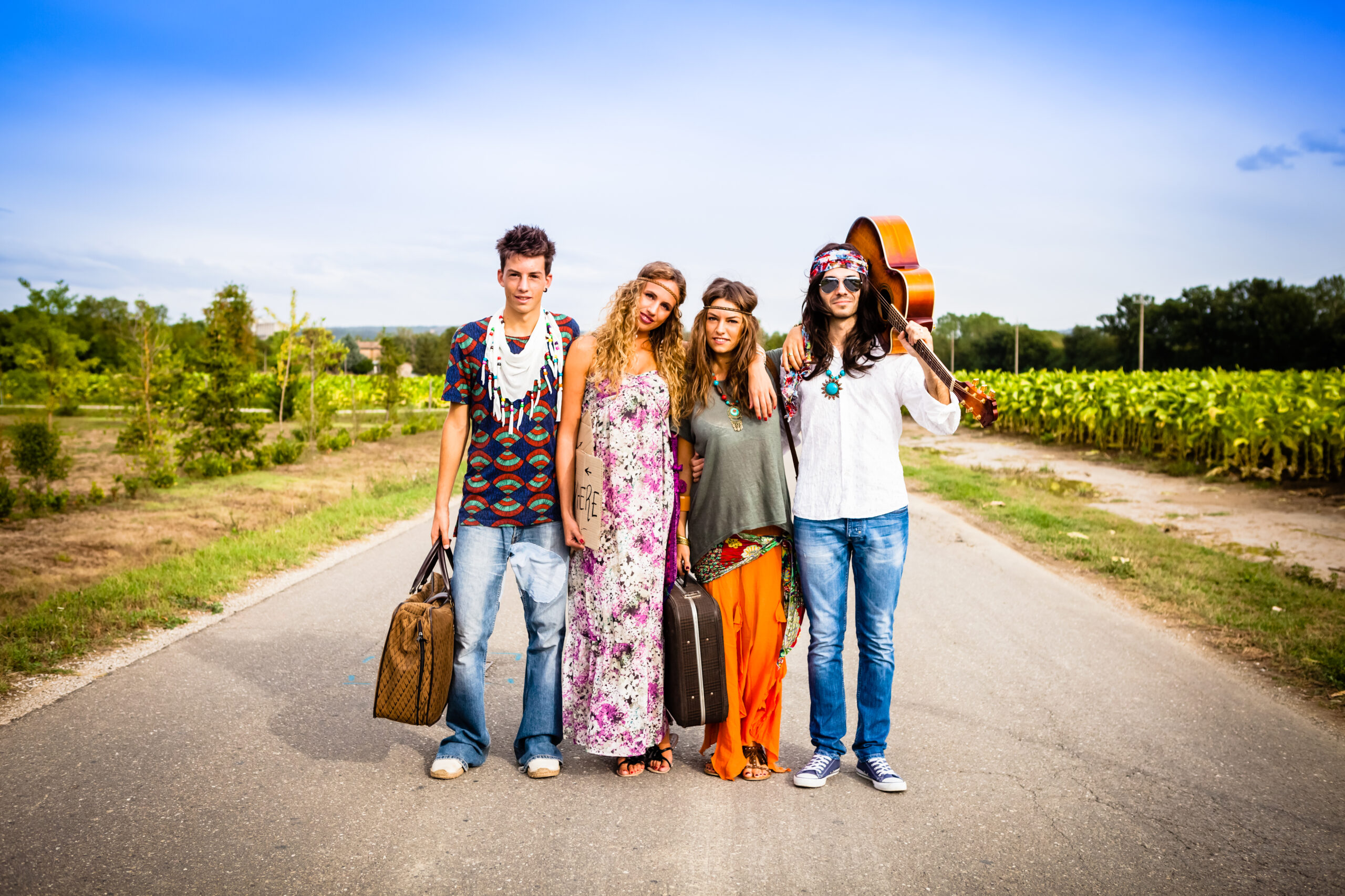
Life In The World
The following years were a wild blur of public school, marching band, friends, parties, lots of personal freedoms, and taking up my mother’s responsibility, which she inadvertently handed over to me. At the same time, she “really lived” the life she never had before.
I mostly stayed out of trouble and got good grades and top recommendations for college… until I didn’t. I’ll never forget how shocked, surprised, and disappointed my mother was when, at 18, I announced I was getting married to a boy I hardly knew in August, and the baby was coming in February.
Now, as a wife and a mother, making my own decisions and trying to figure out my values, I was introduced to “religion” again. My close friend and I started discussing God and soon began “church hopping” on Sundays.
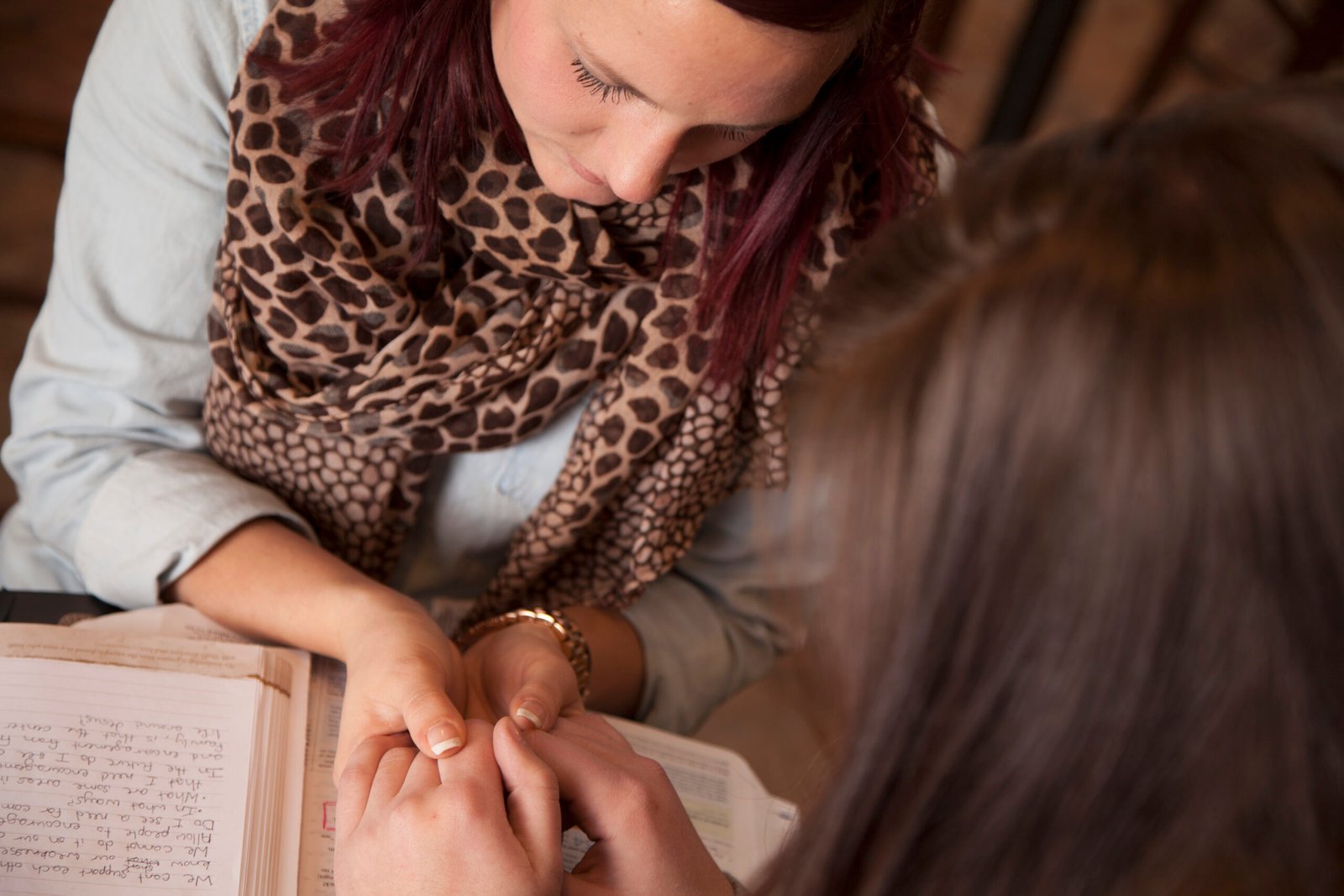
Our first stop was a Lutheran Church, then a Catholic Church, and one Sunday at a Baptist Church. We even studied with the Jehovah’s Witnesses.
We both desired God and His ways but wanted to be sure we wouldn’t be duped. We thought a little “playing the field” with different churches would give us our yearned-for answers.
Honestly, though, it only muddled up the waters, and I found myself with many confusing ideas and questions and no “real” answers. That is until I was invited to a Bible Study (another pivotal moment) with some young adults in a lovely home.
They called themselves Seventh-Day Adventists.
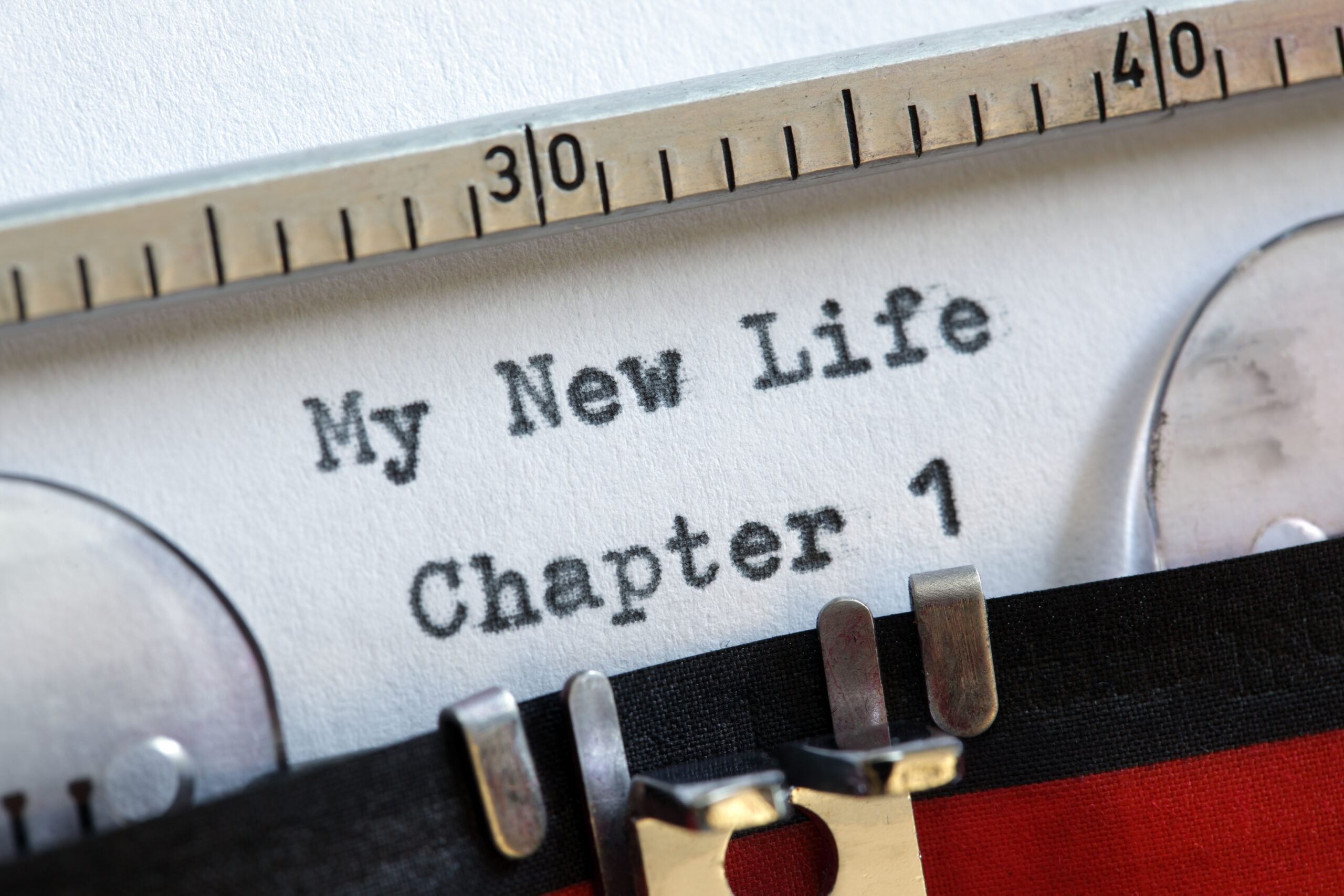
A New Start
After months of study, a full-on evangelistic series, Sabbath adventures in Cradle Roll, a baby dedication, and a baptism of my own (this time by immersion), I finally thought I had all my answers.
My heart was bursting at the seams, overflowing into every area of my life. My desire to serve God grew, and my interest in serving others increased.
My life was different. I was different.
I was ready to give up everything for the ONE who gave up all for me.
Religious bliss at last!
I now realized I had been, well… flawed.
My previous beliefs… flawed.
My values… flawed.
My character… flawed.
My systems of operation… yep… flawed.
But RIGHT NOW, nothing mattered but that I had found my Savior and His people. There was just so much peace. So much excitement. So much relief. So much hope for the future.
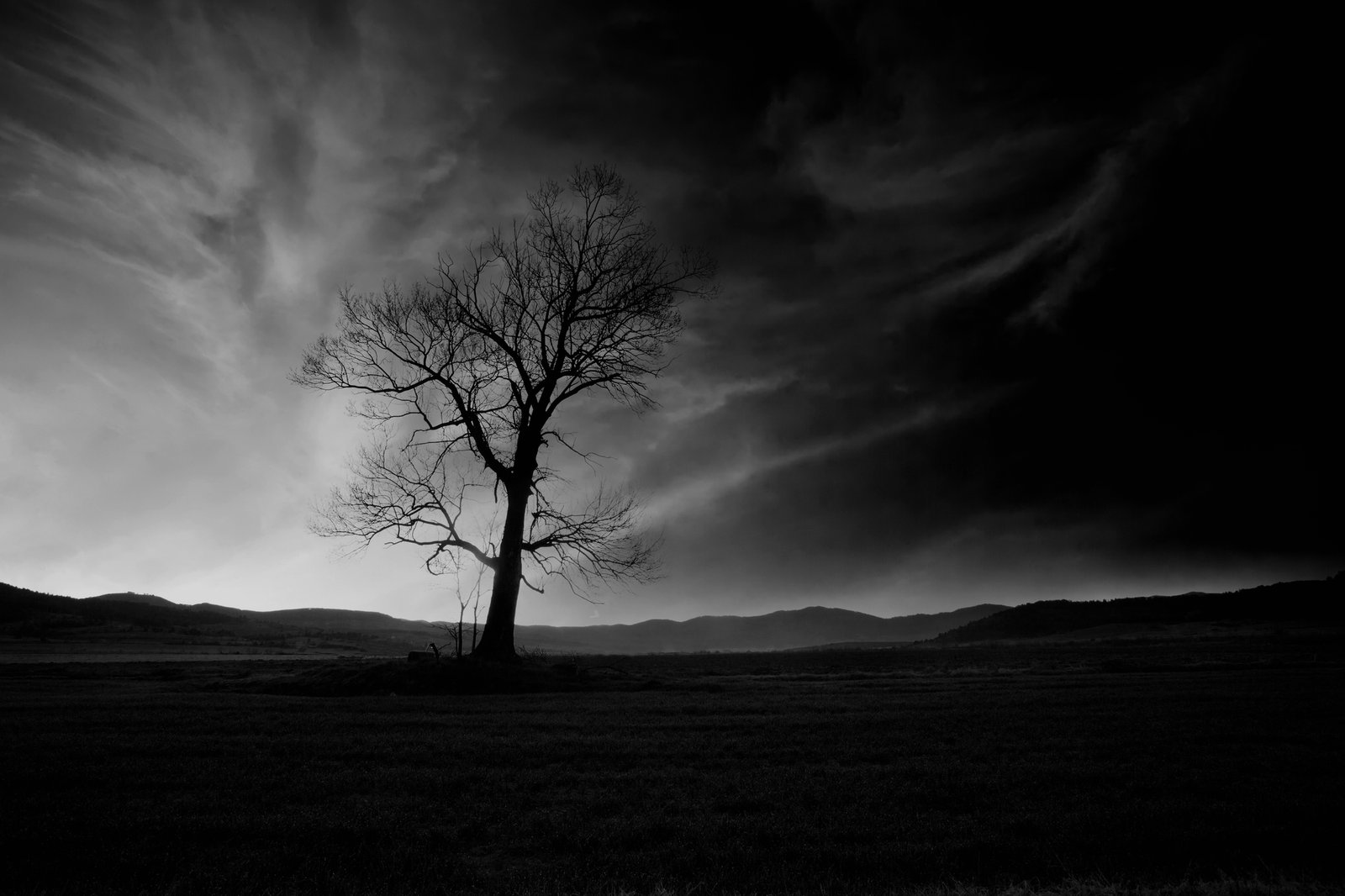
Sorrows Ahead
At this point, I had no idea how my life would unfold over the next 40 years.
The love, joy, family, unique opportunities, mountaintop experiences, and the exposure to learning so many new things, ideas, and ways. This would be only slightly dimmed by the contrasting life experiences splattered in between.
The hardships, severe losses, suffering, disappointments, and betrayals. Some came from within, some from without, mostly without warning, one after another, weaving their way across my life.
It was changing me, molding me, and preparing me. All of my life experiences seemed to make me stronger. They built my endurance, fortified my experience, strengthened my faith, and prepared me for the next steps and chapters.
UNTIL… at the age of 50, I received a massive blow. Completely unexpected, I was to suffer the greatest sorrow of all, and it almost took my life, my hope, my joy, even my faith, away forever. All the sorrows I had suffered up until now didn’t compare or prepare me for the excruciating pain and shock I would be forced to endure.
I did not realize until much later that this was because these sorrows touched the most sacred parts of my soul. The parts of our being that all “religious trauma” touches.
I believe that “religious trauma” is near, or at the top of the list, the most severe trauma we can experience as human beings.
Whether we experience it early in life or as adults, whether it’s an extreme experience or a subtle one lurking in the background with no actual definition, whether it’s recognized and acknowledged or not.
I’ll explain why later, along with more of my personal story of surviving more years of “religious trauma” to come. I’ll also share the path I took to recover and heal without losing my connection to God. I’ll then finish with an allegory I wrote called “THE TALE OF TWO BELIEVERS,” which may represent YOU right now if not entirely, possibly a close match.
But for now, let’s move on to unravel what “religious trauma” is and what must take place to heal from it.

KEY CHAPTER TAKEAWAY #1
For the better or worse, generational religious ideologies are imprinted on us at birth.
KEY CHAPTER TAKEAWAY #2
False religious systems in childhood can become the “root cause” of many years of people pleasing and the need for acceptance, in addition to the formation of other trauma patterns (defense mechanisms) that help us cope and survive.
KEY CHAPTER TAKEAWAY #3
Being young, naive, and impressionable without proper guidance can lead to confusion surrounding who God is and who He isn’t.
KEY CHAPTER TAKEAWAY #4
God knows our genuine “heart’s desire” and will guide us on a journey that eventually leads directly into His loving arms.
KEY CHAPTER TAKEAWAY #5
Religious trauma can be seriously devastating because it touches “the sacred parts of our soul.” The part of us set aside for God alone.
